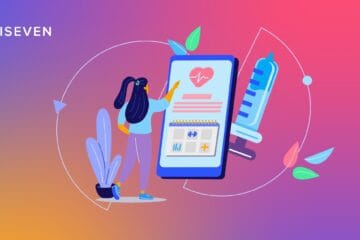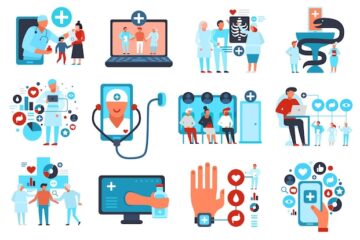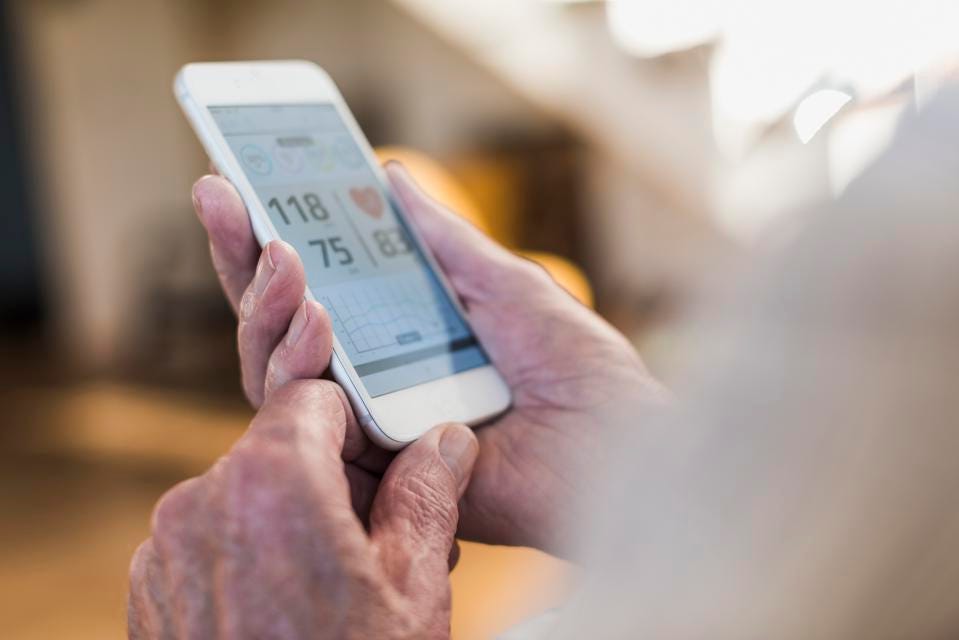Indianapolis-based pharma company Eli Lilly recently recieved FDA 510K clearance for a new mobile app called Go Dose, a diabetes management and insulin dosing app for users of Humalog, Lilly’s rapid-acting insulin. The clearance is for prescription use, but includes two versions of the app: Go Dose, for patients, and Go Dose Pro, for healthcare providers.
“The Go Dose System, comprised of the Go Dose and Go Dose Pro applications, is for use in home and clinical settings to aid in the review, analysis, and evaluation of historical blood glucose test values to support type 2 diabetes mellitus management,” the company writes in the submission document. “The Go Dose System is a mobile application for use with iPad or iPhone mobile devices. The Go Dose System provides recommendations for titrating prandial Humalog dosing one meal at a time using blood glucose values entered by the patient.”
While there are a number of insulin dosage calculator apps available, not many are FDA-cleared despite clear guidance from the FDA that insulin dosage apps require premarket approval. A 2015 study found 46 such apps on iOS and Android stores and reported that “none of the apps included in this study appear to have completed registration, labeling, or other general controls which are the minimal requirements for products in both regimes”.
Diabetes management app mySugr offers a bolus calculator to European customers but hasn’t introduced it to the US because of the regulatory burden. And Eli Lilly’s choice of predicate devices — desktop and Palm Pilot software — further suggest very few if any FDA clearances exist for smartphone-based insulin dosage calculators. There is at least one, however: Roche’s Accu-Check connect app, which launched in 2015.
“Lilly is currently exploring commercialization options,” Jennifer Hoopingarner, Global Communications Manager for Lilly Diabetes, told MobiHealthNews in an email. “We know that managing the complexity of insulin therapy can be challenging, and we are committed to pursuing solutions for people with diabetes that can ease that burden. We are encouraged by the success of the Trulicity [mobile medical app], a Class I medical device released in early 2016, and remain committed to continuing to explore opportunities related to [mobile medical apps] and connected devices.”
The app highlights a recent trend for the company, which launched an app for a different diabetes medication, Trulicity, in November. That app doesn’t have class 2 FDA clearance, nor does it require it since it doesn’t include anything like a dosing calculator. It includes a virtual demo pen that mimics every feature, function and sound of the real Trulicity pen; weekly dosing reminders that users set for the day and time to take their medication; and the ability to instant message or call the Lilly Answer Center if they need any help with their medication.
[Source:-Mobi Health News]



